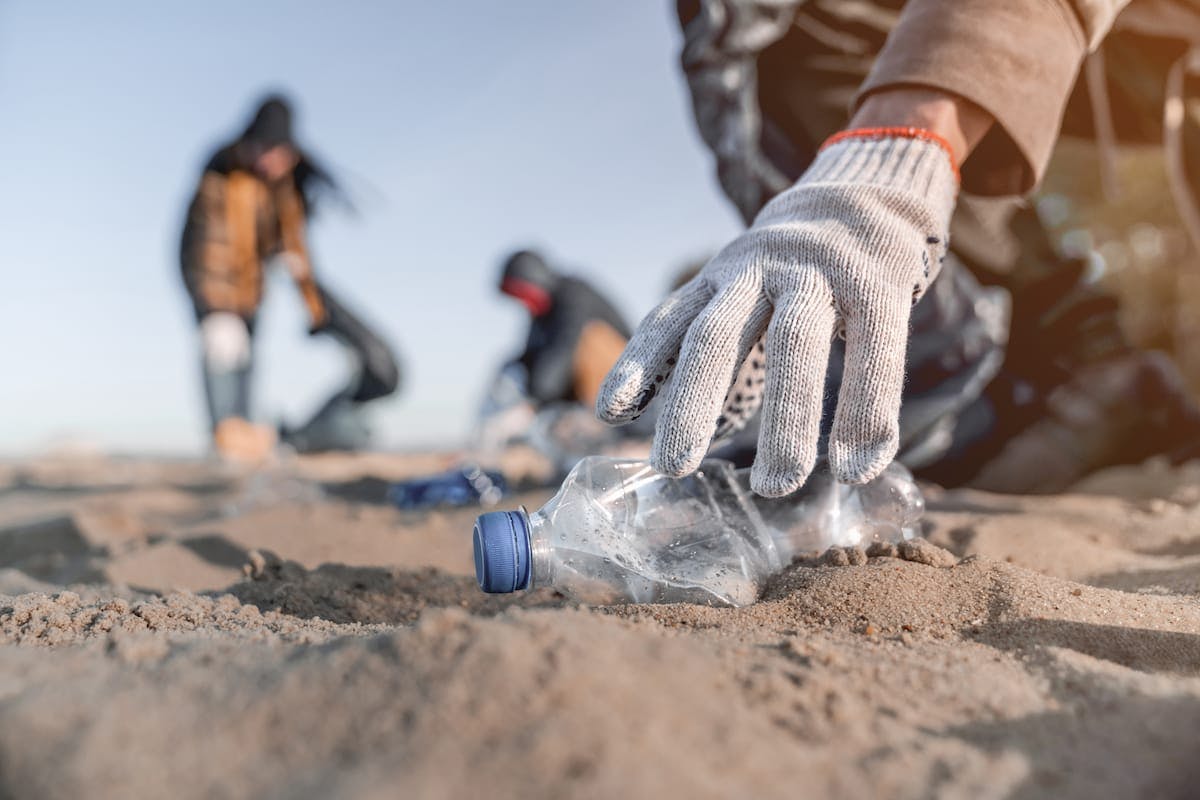5 game-changing eco initiatives to inspire youngsters
updated on Feb 15, 2024

Empower the next generation with these lessons in sustainability
Our ‘legacy’ is so often synonymous with leaving the world a little better than we found it, but with the climate conversation, and the impact of human activities a constant shadow in many of our minds, this can feel like a failing mission.
While it shouldn’t fall onto the shoulders of our descendants to repair the damage done to Mother Earth, the fact that so many of the next generation are already fighting so passionately for our planet’s survival is welcome news. From activists like Greta Thunberg, to Leah Namugerwa, if young adults and childen are our future, they offer a lot of hope that lessons have been learned from mistakes of the past, and won’t be made again.
And the desire to engage with climate change issues is clearly there, with the charity Global Action Plan reporting that 91% of UK youngsters would like to see their school doing more. But instilling awareness, education, and sharing practical ways youngsters can get involved in green projects, is something that all of us can do. Here are five activities and ideas to explore with kids, as the next generation of environmentalists awakens.
1. Get green fingered
Not only is gardening a mindful activity that can boost our self-esteem and sense of accomplishment, but it’s also a great way to open up conversations with children about the environment. Learning how to grow plants or vegetables – whether in your own patch in the garden, or in pots on the windowsill – and their life cycles can be really valuable. Practical experience grounds the lessons, while the ongoing need to tend to the seedlings also encourages responsibility. They may even be inspired to start a gardening club at school!
Leafy greens, carrots, and tomatoes are all good options for beginners to grow, and have the added benefit of allowing them to appreciate the fruits (or vegetables) of their labour on their plate later.

2. Go ‘plalking’
Based on the Swedish concept of ‘plogging’ (picking litter while jogging), give your next walk a mission by encouraging children to litter-pick along the way. Ensure you have appropriate safety equipment (bags, perhaps gloves, or pickers if needed), and set out in the fresh air – you could even make it a competition by keeping count of how much rubbish each person has collected.
An activity like this gives them a sense of active participation in helping the planet, while teaching them about being responsible with waste, too. If they really enjoy it, you might want to join an organised beach clean or other group event in future!
3. Collect rainwater
Teaching children about conservation through the simple act of collecting and utilising rainwater for your garden can be really beneficial, enabling you to have conversations about reducing waste water, and flooding, for example, when excess water has nowhere to go.
For those with limited space, leaving a watering can out on a balcony or patio can be effective, or you may want to make it a bigger project for those with gardens by setting up a rain barrel. For the latter, this can be set up so that your gutters feed straight into it, but collecting rain as it falls from the sky will still be effective.
4. Calculate your carbon footprint
Using an online calculator (such as footprint.wwf.org.uk or one designed specifically for kids on 8billiontrees.com), explore their personal carbon footprint, talking through what this means, and what contributes to this. You can then get them to try journaling some ideas on simple swaps and changes they can make to their routine to reduce this. They may even be inspired to make recommendations for you, too!
To keep up the momentum, you could make it a game by pledging to reduce your footprint by a certain percentage, or to abide by a list of changes and see who does the best.

5. Schedule energy-free time
This might seem near-impossible in today’s world, but encourage youngsters to devote a particular part of their week (perhaps a morning, or a full day if they’re ambitious) to going energy-free. This can mean no screens, lights, phones, or games consoles, and doing so can really make them more conscious of all the things they interact with on a daily basis that require power, to reduce this moving forward. And, you might find they discover a new passion or hobby by thinking outside the box for some energy-free activities.

